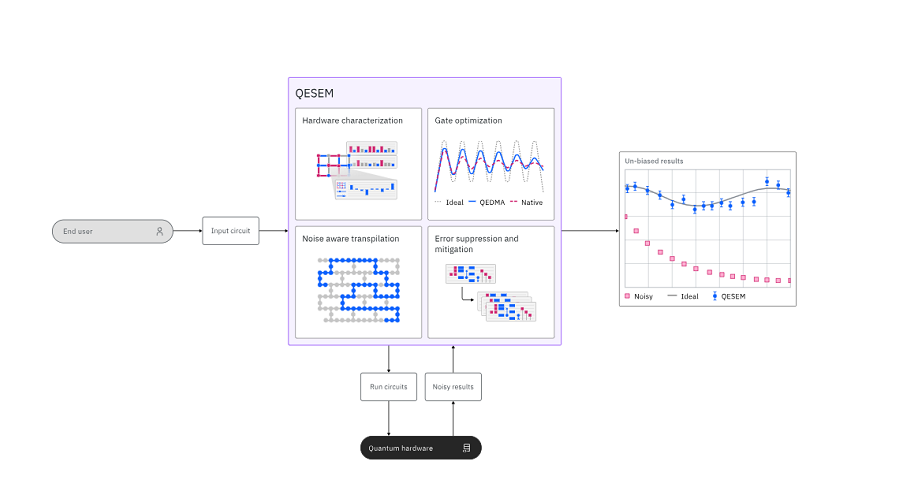In February 2025, researchers at Socket uncovered a significant supply chain attack within the Go programming ecosystem. A malicious package, named github.com/boltdb-go/bolt, was discovered impersonating the legitimate and widely-used BoltDB module. This backdoored package exploited the Go Module Proxy’s caching mechanism to persist undetected for years, underscoring vulnerabilities in module management systems.
The Go Module Proxy is designed to cache modules indefinitely to ensure consistent and reliable builds. While this immutability offers benefits like reproducible builds and protection against upstream changes, it also presents a risk: once a malicious module is cached, it remains available to developers, even if the source repository is cleaned or altered. In this incident, the attacker leveraged this feature to maintain the presence of the backdoored package within the ecosystem, despite subsequent changes to the repository.
This case is part of a broader trend where attackers exploit package management systems through techniques like typosquatting. Similar incidents have been observed in other ecosystems, such as npm and PyPI, where malicious packages mimic popular libraries to deceive developers.
To reduce the risk of supply chain attacks, developers should carefully verify package names and sources before installation, ensuring they’re using trusted libraries. Regular audits of dependencies can help catch signs of tampering or malicious behavior early. Security tools that flag suspicious packages offer another layer of protection, and staying up to date with known vulnerabilities and ecosystem alerts is essential for maintaining safe development practices.
By adopting these practices, developers can enhance the security of their software supply chains and reduce the risk of introducing malicious code into their projects.









